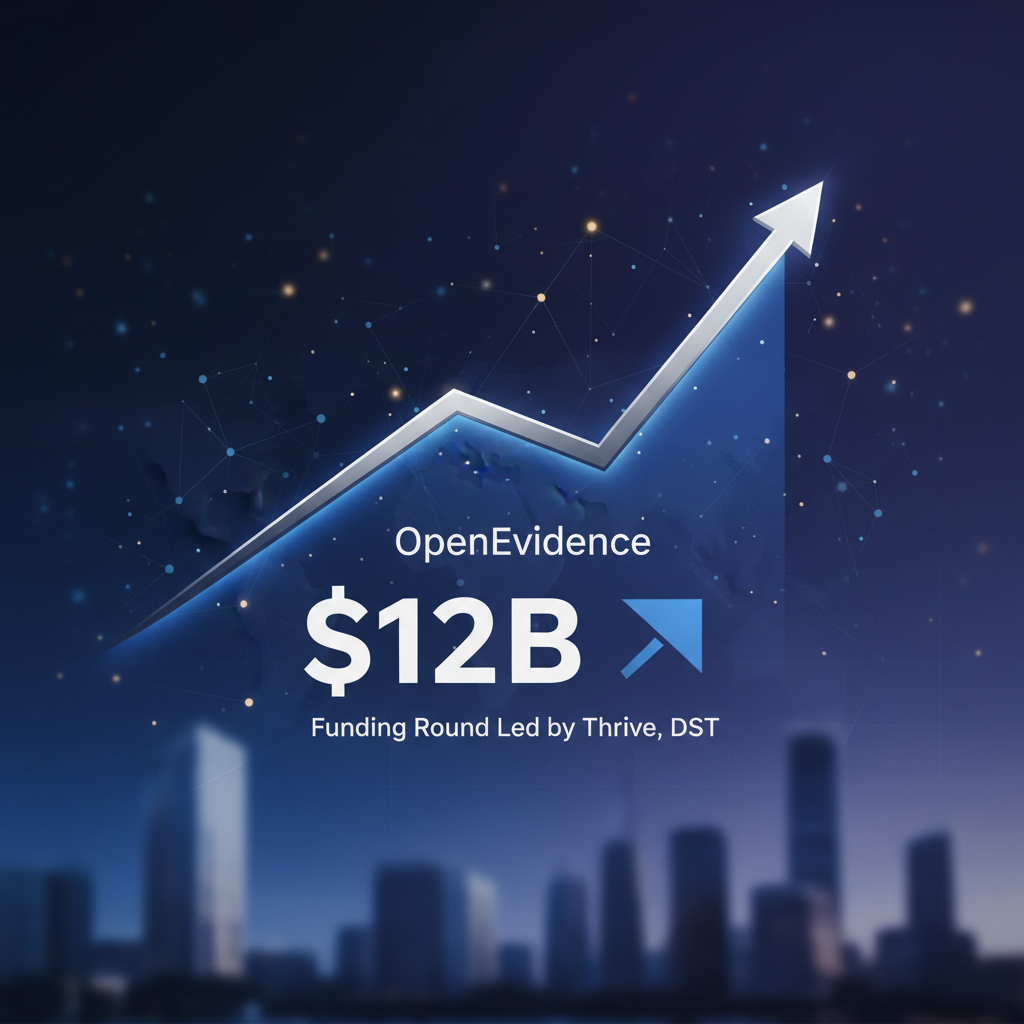The news hit the wires on Friday — the Pentagon, unhappy with Anthropic PBC, and its handling of AI tech, threatening to pull the plug on military contracts. It felt like a shot across the bow, a clear signal that the government is tightening its grip on the rapidly evolving world of artificial intelligence. The stakes? Potentially millions in contracts, and a precedent for how these deals will play out.
The specifics are still emerging, but the core issue seems to be a disagreement over terms of use. The Pentagon, as per reports, wants certain assurances about how its technology is being used. Anthropic, which has received substantial backing in recent years, now faces a critical choice: comply or risk losing a major client. It’s a classic business standoff, amplified by the sensitive nature of the technology involved.
At least, that’s how it looked then.
The ripple effects could be significant. For Anthropic, a loss of this contract would be a blow to its revenue stream. For the Pentagon, it would mean finding a replacement, which is easier said than done, given the specialized nature of AI development. It also raises questions about the government’s broader strategy for AI adoption. Are they being too cautious? Or, maybe, not cautious enough?
This isn’t just a tech story; it’s a business one. The implications for the market are already being felt. Shares of Anthropic’s competitors—if there are any—are likely to see some movement. The incident underscores the risks inherent in the AI sector, particularly for companies reliant on government contracts. As one analyst from a respected policy center noted, “This situation highlights the need for clear guidelines and strong oversight in the use of AI, especially in sensitive areas like defense.”
Think about the money. Contracts, of course, but also the intangible value of trust. The government’s willingness to work with a company often depends on its ability to meet specific requirements. This is where things get interesting. What exactly are the terms? What does compliance look like? The answers to these questions will reveal a lot about the future of AI and government relations.
Then, there’s the question of enforcement. The Pentagon, as a major purchaser, has considerable leverage. But what happens if Anthropic digs in its heels? Does the government have other options? It’s a game of brinkmanship, and the players are now in the spotlight.
The air in the room, or at least the digital one, is thick with uncertainty. Where will it go from here?








